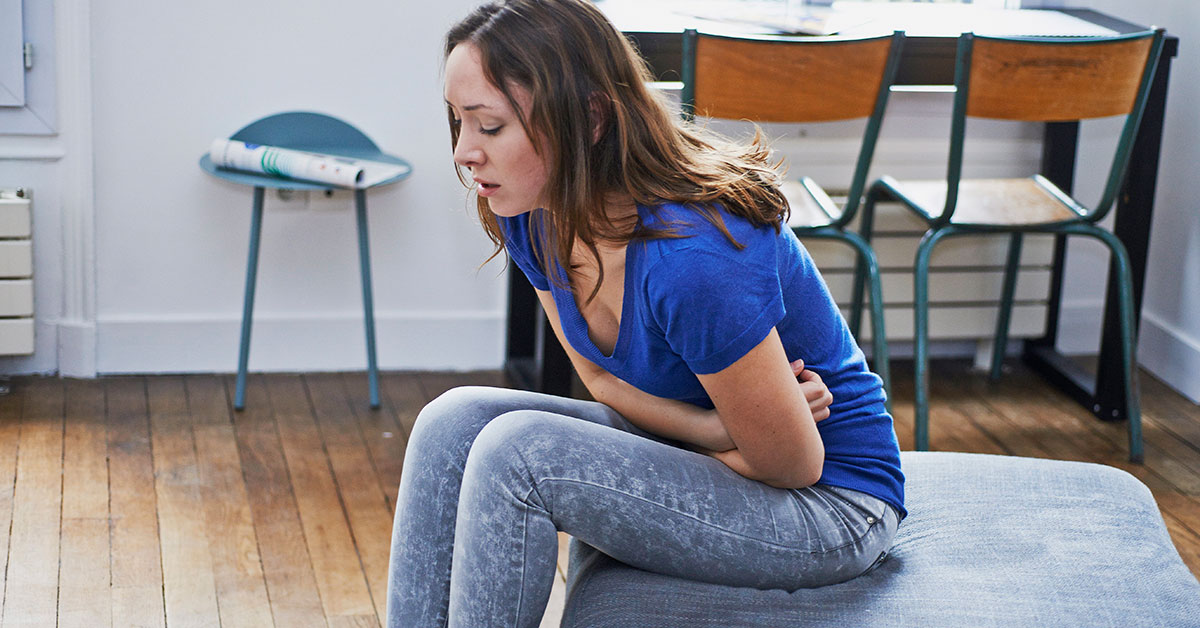What You Should Know About Diarrhea
Studies have shown that before the age of five, most people will have experienced a case of diarrhea more than ten times different. In addition to the common cold, diarrhea is the most popular medical problem among humans in the world nowadays. However, very few people really understand the causes of diarrhea. If you wondered what causes diarrhea, you possibly won’t be surprised to know that there are several factors that contribute to this common problem. Knowing the most likely cause of diarrhea for your condition makes it easier to solve.
What Is Diarrhea?
To understand what causes diarrhea, you must first know how your digestive system works to eliminate waste from the body. When you eat food, the stomach breaks it down and digests it, which then sends the broken food to the rest of the digestive method. There, your intestines and colon are put to work absorbing nutrients and most of the water from food, leaving only waste. When food and fluids go through your colon too rapidly or in too big an amount, it can cause the most common causes of diarrhea, read more about diarrhea symptoms and treatments at https://www.consultingresources.net/diarrhea-in-children-causes-symptoms-and-treatments/
Most Common Causes of Diarrhea
When you are tired of suffering from the causes of diarrhea, the easiest is to change your diet or the speed at which you are eating. But these are not the only causes of diarrhea that can make normal bowel movements difficult. Here are a few additional factors that may answer the question of what causes diarrhea:

-
- Virus: Including cytomegalovirus, Norwalk virus and viral hepatitis, and rotavirus – common diarrhea in children. click here to read more about viruses.
- Bacteria and parasites: Including Giardia lamblia, campylobacter, cryptosporidium, salmonella, and Escherichia coli.
- Lactose intolerance: Most people have an intestinal enzyme that helps them digest lactose in dairy and milk products, but when this enzyme is lacking, eating dairy can cause bloating, cramping and diarrhea.
- Artificial sweeteners: Sorbitol and mannitol, in addition to other sweeteners found in chewing gum and sweets, can also act as a cause of diarrhea for several people.
Treatment of the Causes of Diarrhea
It is essential to pay attention to the signals that your body is sending you, as they can be critical in determining the causes of diarrhea that are almost certain to affect you. Most kinds of diarrhea will just last several hours and disappear on their own, or they can be treated by diarrhoea tablets. If the cause of diarrhea is more severe, as in the case of a virus or parasite, it may be required to seek a more complete treatment.
There are some natural remedies such as probiotic supplements that can help if your doctor determines that the causes of diarrhea are affecting you and are related to an imbalance or invasion of harmful bacteria in your digestive system. Probiotics are helpful bacteria that help restore the balance of your colon and soothe the irritation caused by diarrhea.
Conclusion
While diarrhea is a common condition that usually does not cause serious health problems when experienced occasionally. If you have prolonged diarrhea or accompanied by a fever that lasts more than twenty-four hours, you should contact your doctor for advice.


